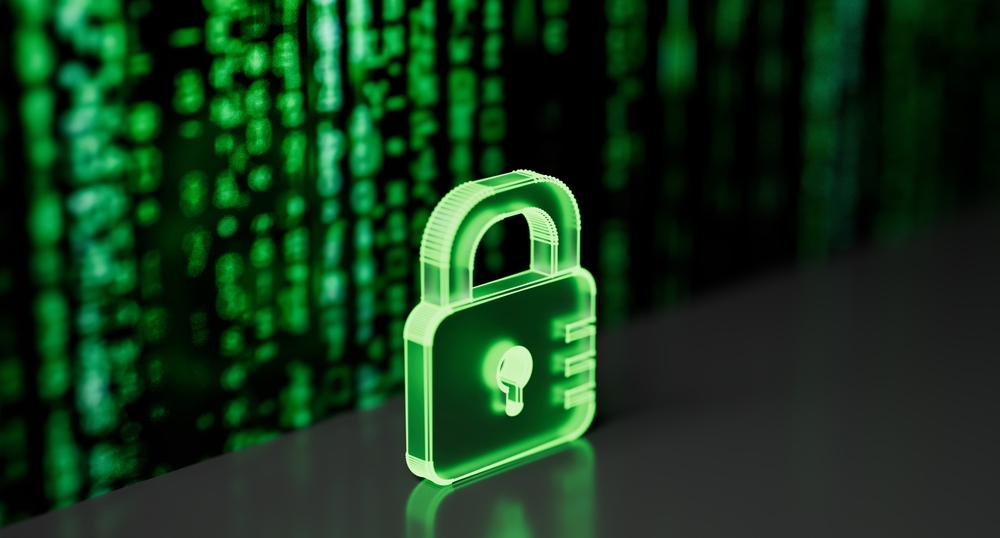Online Casino Securit – How Players’ Data Is Protected
A Growing Industry with Growing Security Needs
Online casinos have become one of the most popular forms of entertainment in Italy, offering instant access to thousands of games. Live casino platforms, in particular, have surged in popularity, allowing players to join real-time streams of classics like blackjack, roulette, and baccarat. In fact, online gambling in Italy recorded a 22.4% increase in 2024 alone.
With this rapid growth comes a critical question: how do online casinos protect the personal and financial information of their players? The answer lies in the combination of advanced technologies, strict regulatory frameworks, and robust internal policies designed to safeguard sensitive data.
Online casinos in Italy are investing heavily in protecting user data. Encryption, two-factor authentication, and strict compliance rules ensure that sensitive information remains secure. These measures build confidence among players who might otherwise hesitate to gamble online. Yet trust is not only technical—it’s also cultural. Just as fans merge their love of sports with casino games, building a bridge of excitement, security helps connect passion with peace of mind. See how entertainment overlaps in football and casino games. Linking data protection with fan enthusiasm shows how technology and culture together shape the safe future of online gaming.
Below are the main strategies used by modern online casinos to ensure player protection.
1. Advanced Encryption Technologies
One of the most essential tools for data protection is encryption. This process converts sensitive information into unreadable code, preventing unauthorized access.
Most casinos use 128-bit or 256-bit SSL (Secure Socket Layer) encryption, the same standard employed by leading financial institutions. SSL creates a secure channel between the player’s browser and the casino’s servers, ensuring that all data—whether personal details, banking information, or transaction records—remains confidential and intact.
By protecting both credit card data and sensitive personal information, encryption plays a key role in preventing fraud and identity theft.
2. Secure Payment Methods
To safeguard financial transactions, online casinos offer a wide range of secure payment methods. These include:
-
Credit cards with verification systems like CVV.
-
E-wallets such as PayPal and Skrill, which feature two-factor authentication (2FA).
-
Cryptocurrencies like Bitcoin, powered by blockchain technology for tamper-proof transaction records.
Additionally, many platforms use PCI DSS-compliant payment gateways (Payment Card Industry Data Security Standard), ensuring that credit card details are handled according to strict industry requirements.
These safeguards not only protect player funds but also build confidence in the safety of online gambling platforms.
3. Data Protection Regulations
Legal frameworks are crucial in safeguarding player information. Within the EU, online casinos must comply with the General Data Protection Regulation (GDPR), which sets strict rules on how personal data is collected, processed, and stored.
Compliance with GDPR ensures that:
-
Player data is used only for legitimate purposes.
-
Casinos maintain strict security controls.
-
Players retain rights over their personal information.
For Italian players, these rules provide reassurance that their gaming environment is not only fun but also secure and transparent.
4. Firewalls and Intrusion Detection Systems (IDS)
Firewalls and IDS are the frontline defenders of casino networks.
-
Firewalls act as barriers, filtering out malicious traffic and blocking intrusion attempts.
-
IDS (Intrusion Detection Systems) monitor network activity in real time, using advanced algorithms to detect suspicious behavior, such as phishing attempts or malware attacks.
When combined, these technologies create a layered defense system. Even if one barrier is breached, another is ready to identify and mitigate the threat.
5. Employee Training and Awareness
Human error remains one of the biggest risks in cybersecurity. To counter this, many online casinos invest heavily in staff training programs. Employees are taught to follow the latest security protocols and to respond quickly to potential incidents.
Training often includes:
-
Regular workshops on emerging threats.
-
Simulations of real-world attack scenarios.
-
Ongoing testing to assess readiness.
By fostering a culture of shared responsibility, casinos significantly reduce the chances of breaches caused by negligence. Continuous feedback and a transparent work environment further enhance security practices.
Online casinos in Italy place great emphasis on protecting sensitive data through encryption, compliance, and privacy regulations. Safeguarding personal and financial information is key to building trust among players. Security measures make gaming enjoyable, allowing users to focus on entertainment rather than risk. And just as safety matters in gaming, it also matters in travel and culture—where people seek reassurance while exploring. For inspiration beyond casinos, see things to do in Switzerland. Both trust in data protection and trust in travel experiences show how security enriches freedom.
Conclusion
The rapid growth of online gambling in Italy highlights the importance of strong security measures. From advanced encryption and secure payment systems to GDPR compliance and staff training, online casinos are committed to protecting their players’ data at every level.
For Italian players, this means peace of mind: they can enjoy the excitement of online and live casino games, confident that their personal and financial information is shielded by world-class security systems.

